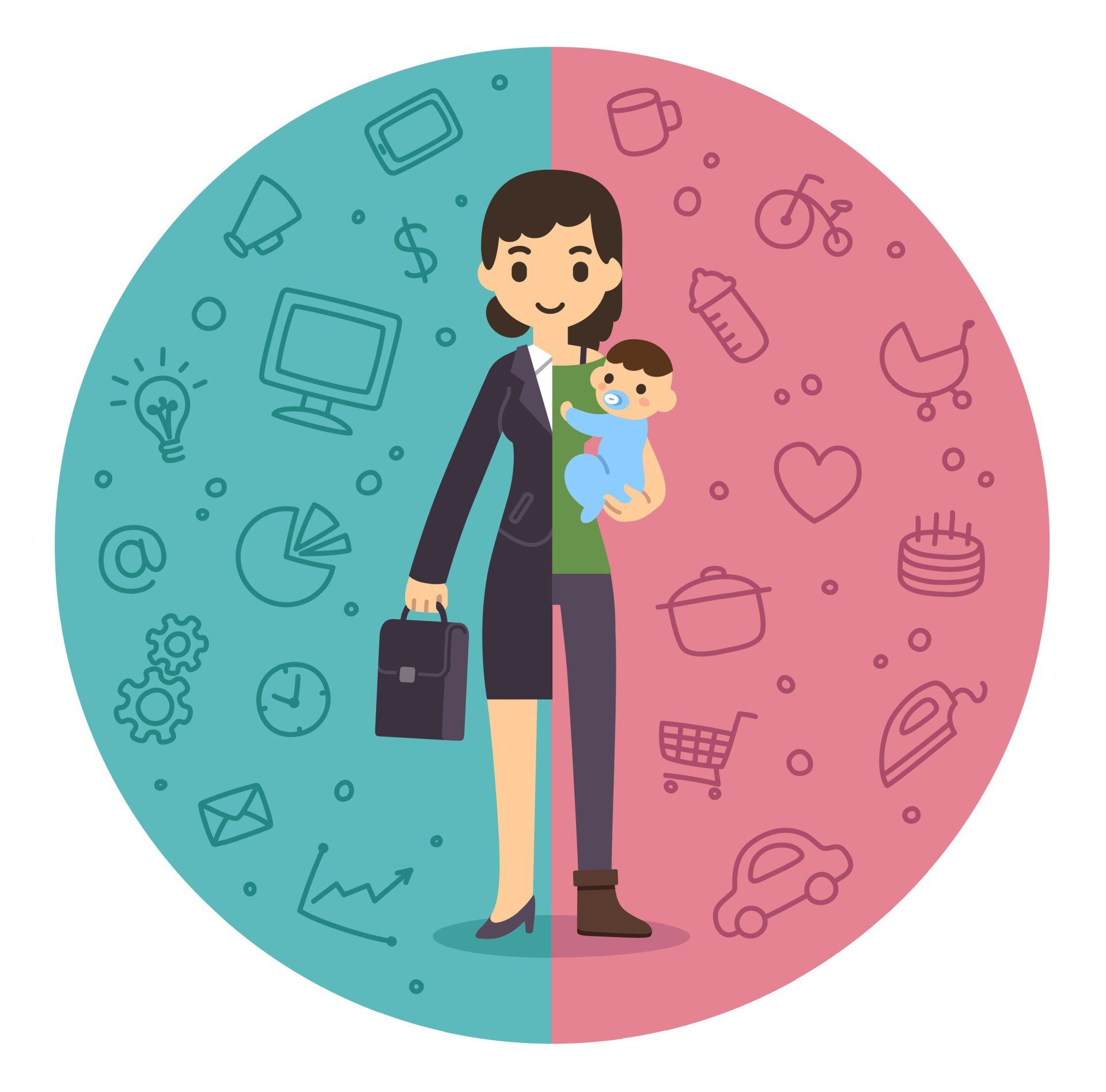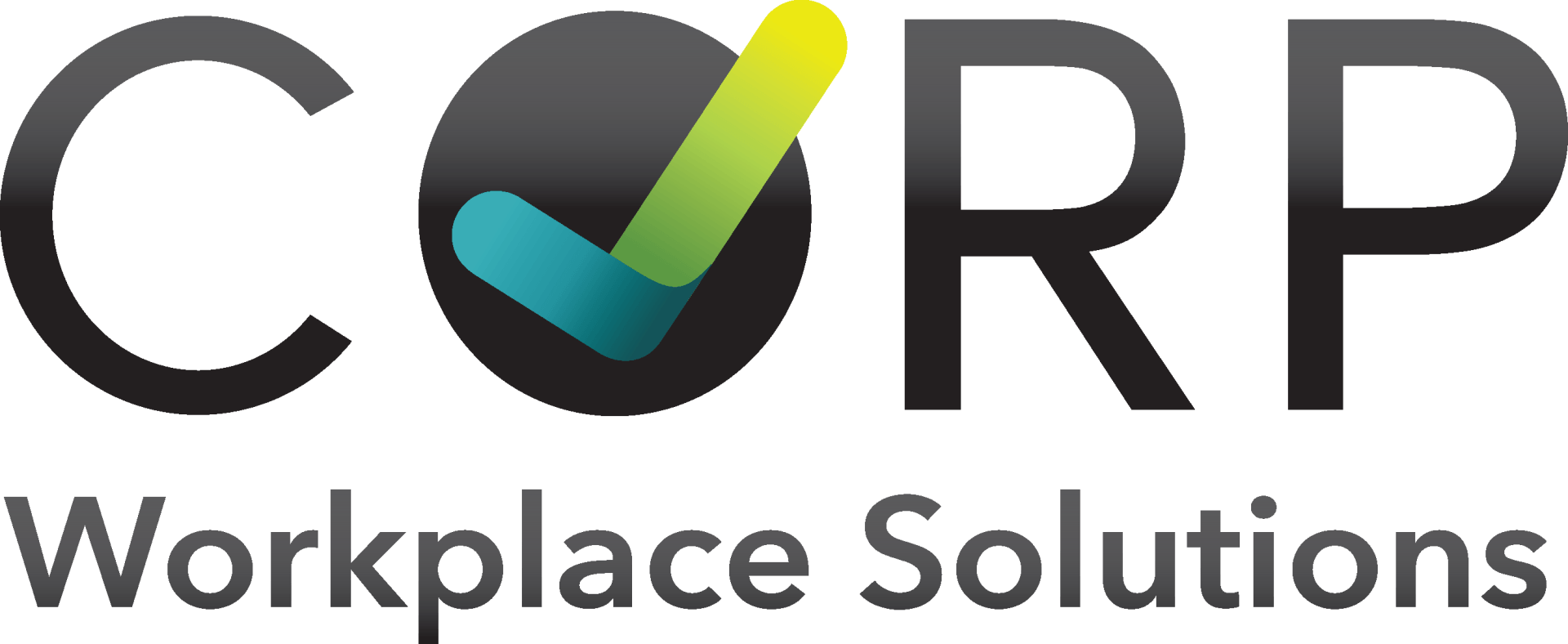Becoming a mother is simultaneously the hardest and most rewarding thing that I have ever done.

Being a parent changes who you are on a fundamental level
This is not just what your day-to-day looks like, but also your values and goals for the future.
Everything shifts, from planning what to do on holidays (and what time flights are!), to deciding where you will live for the next 20-odd years.
It’s a lot to think about, whilst dealing with the emotions and hormones, stress, and, let’s be honest, lack of sleep.
Not to mention the added bonus of returning to work, if you choose to.
It can be a difficult decision:
irreplaceable time with your little one (parental guilt, anyone?), or paying the mortgage?
It’s difficult to know where to even start
The biggest difference that I found when I came back to work was the way in which my brain was now wired.
Becoming a parent literally changes your neural networks to accommodate for your shifting priorities, no matter your gender, so learning to work with what you now have can be a very steep learning curve.
Things you thought you knew have changed or are gone and those neural pathways need to be exercised to help you remember things, accommodate change, and get back some semblance of normalcy at work.
Which brings me to another point. Normalcy
What that looks like will be different for everyone, because all people (and babies) are different.
There is no “right” way to go back to work after a baby, because your individual logistics, schedule, emotions and identity as a person and now a parent will be a far cry from anything you’ve dealt with before.
The most important thing is to not be hard on yourself.
Whatever emotions you feel are ok, and natural.
Logistically, however, things are a bit more complicated.
There’s a whole new routine to be figured out, including troubleshooting for those parts that inevitably don’t go according to plan – things rarely do when there’s a whole other new person involved, who doesn’t understand yet what a schedule or the time on the clock means!
So, practice. Do a few tests runs of what your mornings will look like prior to your first day back.
It’s important not just to learn how long everything will take and what order to do things in, but also to get your little one used to wherever they will be when you’re at work.
Family?
Daycare?
Having the tiny human acclimatised to these new people, locations and situations can work wonders for when you’ve suddenly got a time limit, so both you and they can feel safe and secure where they are, when you inevitably have to leave them there.
Part of this security for you, as well, is updates.
Especially in those first few days or weeks, when your anxiety will be high.
What sorts of updates do you need to feel comfortable?
A couple of photos a day?
A single email updates?
Check-in texts or calls?
Or will you be happy to see how it went at the end of the day?
Understanding yourself and your comfort level will help determine what you need to be able to set your mind at ease, so that you can be focused at work, but also able to take care of yourself as an individual and an adult.
Be honest with yourself, too, about what you can and cannot do.
Not just with regards to your child, but with your work and workload.
Do you need more work? Less?
A slightly different role?
Seeking support from others who have been in your situation, but also from your manager and workplace, will help you to be the best version of yourself, both at work and at home.
The most important thing, though, is to be patient.
As the days and weeks progress, routines will get easier or may even change slightly, and you and your family will adjust to your new version of normal.
It does get easier.






